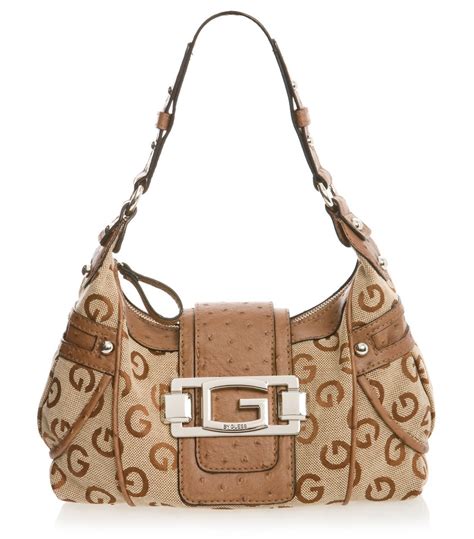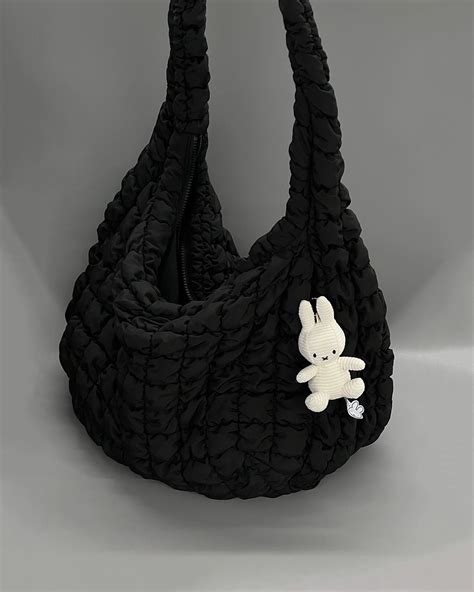gucci action | Gucci kering
$273.00
In stock
Gucci. The name itself conjures images of Italian craftsmanship, high fashion, and undeniable luxury. But behind the iconic logo and coveted designs lies a complex web of financial performance, ethical considerations, and stakeholder expectations. Understanding "Gucci Action" requires delving into the historical stock performance, analyzing the intricate relationship with parent company Kering, examining the pressures from various stakeholders, and confronting the ethical dilemmas that have occasionally plagued the brand. This article will explore the multifaceted landscape of Gucci, addressing its stock performance, ethical issues, Corporate Social Responsibility (CSR) initiatives, and the implications for its numerous stakeholders.
Gucci Stock: A Historical Perspective and Kering's Influence
To understand the "Gucci Action" from a financial perspective, one must examine its stock performance – or rather, the performance of its parent company, Kering. Gucci is not a publicly traded entity on its own. It is a wholly-owned subsidiary of Kering, a French multinational corporation specializing in luxury goods. Therefore, assessing the financial health of Gucci requires analyzing Kering's stock performance and its impact on the overall group.
Consulting historical stock charts of Kering (KER.PA on the Euronext Paris exchange) reveals a trajectory often mirroring the broader luxury goods market. Economic downturns, geopolitical instability, and shifts in consumer spending patterns all influence Kering's stock price, and by extension, the perceived value of Gucci. Key indicators to consider when analyzing Kering's stock performance include:
* Revenue Growth: Gucci's sales figures are a significant driver of Kering's overall revenue. Strong Gucci sales typically translate to positive investor sentiment and a rising stock price. Conversely, periods of slower growth or declining sales in Gucci can negatively impact Kering's stock performance.
* Profit Margins: Analyzing Gucci's profitability is crucial. Higher profit margins indicate efficient operations and strong pricing power, which contribute to Kering's overall profitability and attractiveness to investors.gucci action
* Market Share: Assessing Gucci's market share in the luxury goods sector provides insights into its competitive position. Gains in market share suggest successful strategies and increased brand appeal, boosting investor confidence.
* Global Economic Conditions: The luxury goods market is sensitive to economic conditions, particularly in key regions like China, the United States, and Europe. Economic slowdowns in these regions can dampen demand for Gucci products, impacting Kering's stock price.
* Currency Fluctuations: As a global brand, Gucci's revenue is affected by currency fluctuations. A stronger Euro can make Gucci products more expensive for international buyers, potentially impacting sales and Kering's financial performance.
* Kering's Overall Strategy: Kering's strategic decisions, such as acquisitions, divestitures, and investments in new technologies, can significantly impact its stock performance. Investors closely monitor these decisions to assess the company's long-term growth prospects.
* Analyst Ratings: Investment analysts regularly provide ratings and price targets for Kering stock. These ratings can influence investor sentiment and impact the stock price.
Kering's management team plays a crucial role in shaping Gucci's strategy and performance. Their decisions regarding product development, marketing, and distribution directly impact Gucci's brand image and financial results. Investors scrutinize Kering's leadership and their ability to navigate the complexities of the luxury goods market.
Gucci Stakeholders: A Diverse and Demanding Group
The "Gucci Action" is not solely determined by financial performance. It is also influenced by the expectations and demands of its diverse stakeholders. These stakeholders include:
* Customers: The most obvious stakeholder group, Gucci's customers demand high-quality products, exceptional service, and a brand experience that aligns with their aspirations. They are increasingly conscious of ethical and environmental issues and expect Gucci to operate responsibly.
* Employees: Gucci's employees are the backbone of the organization. They expect fair wages, safe working conditions, opportunities for advancement, and a culture of respect and inclusivity. Employee morale and engagement directly impact the quality of products and services.
* Investors: As mentioned earlier, investors in Kering are indirectly stakeholders in Gucci. They expect a return on their investment and demand transparency and accountability from Kering's management team.
* Suppliers: Gucci relies on a network of suppliers to provide raw materials, components, and manufacturing services. These suppliers expect fair contracts, timely payments, and adherence to ethical and environmental standards.
* Communities: Gucci operates in numerous communities around the world. These communities expect Gucci to be a responsible corporate citizen, contributing to local economies, supporting social causes, and minimizing environmental impact.
* Non-Governmental Organizations (NGOs): NGOs play a crucial role in holding Gucci accountable for its ethical and environmental practices. They monitor Gucci's operations, raise awareness of potential issues, and advocate for positive change.
* The Media: The media plays a significant role in shaping public perception of Gucci. Positive media coverage can enhance the brand's reputation, while negative coverage can damage its image and impact sales.
Balancing the needs and expectations of these diverse stakeholders is a constant challenge for Gucci. Prioritizing one stakeholder group over others can lead to conflict and reputational damage.
Additional information
| Dimensions | 9.8 × 5.1 × 1.5 in |
|---|









